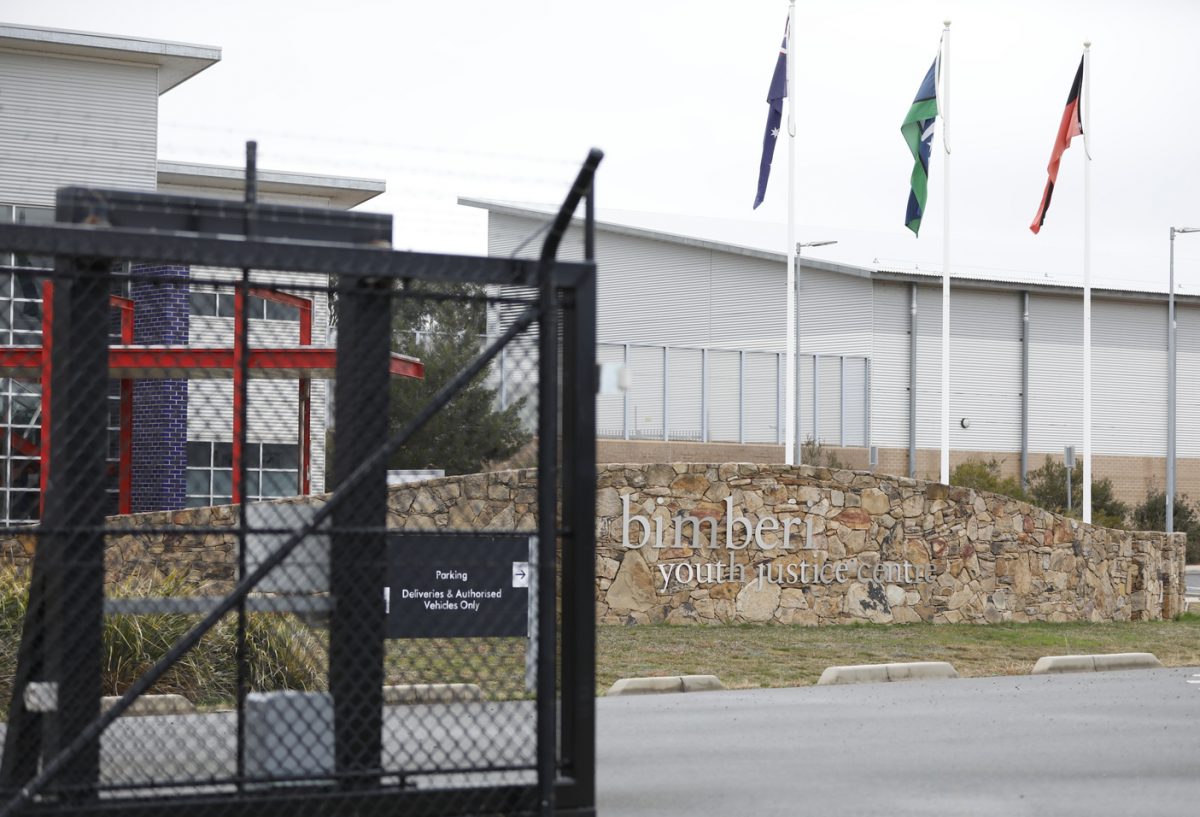
As the minimum age of criminal responsibility is steadily raised to 14 by 2025, more children will be diverted away from the criminal justice system and into support services. Photo: Region.
A support panel to guide young people and their families who previously would have been involved in the criminal justice system has begun its work.
However, some have expressed concerns this should have been ready as soon as the minimum age of of was lifted to 12 years.
The Therapeutic Support Panel was always scheduled to start on 27 March, even though the legislation to raise the age from 10 commenced in November 2023.
Former ACT Policing Chief Police Officer Neil Gaughan told Region this left police powerless to intervene if children were caught committing offences.
“It should have been there first. These kids are already being governed by changes in the legislation, but there’s nothing to deal with them now,” he said.
Former CPO Gaughan explained that police officers had been encountering a handful of children who could have been arrested and charged under the old system, and he was concerned that the interim solutions hadn’t been designed to fully support them.
“These kids don’t have business-as-usual challenges … they have highly complex issues that we need a proper response to,” he explained.
“If we can’t get it right in a smaller jurisdiction, I really worry about how we get it right across the country.”
He felt that something similar to the Therapeutic Support Panel, which will develop therapeutic support plans and coordinate services for children diverted to it, should be set up to support kids at an even younger age, such as 9 or 10.
“They come from really, really difficult family circumstances. [Usually] there’s a strong history of family violence in their life and they just know violence – it’s not their fault – so we actually want to make sure there are the services in place for these kids when they’re seven, eight, nine, so they’re not killing someone when they’re 14,” former CPO Gaughan said.
“If there’s no intervention, that’s the inevitable outcome. And if they’re not going to kill someone, they’re going to end up in jail for something.”
An ACT Government spokesperson explained that while no service had been contracted, there had been an interim service response since November (operated by the Community Service Directorate) to make sure affected children, young people and their families were supported.
“This has offered the same type of support that will be provided under the panel including undertaking assessments, developing therapeutic support plans and the coordination of services to support the child and their family,” they said.
This was provided to a “small number” of children and their families, although specific numbers could not be disclosed.
The government has also been working with Marymead Catholic Care Canberra and Goulburn to set up a Safer Youth Response Service, which will also begin this month.
“This service will support children and young people who are engaging in harmful behaviour by working with ACT Policing and other services to provide access to youth workers, emergency accommodation and follow-up case management,” the spokesperson said.
“This addresses an existing service gap which required ACT Policing frontline officers to stay with any person under 18 years of age where an appropriate legal guardian was not available or returning to the care of a legal guardian was not a safe option.”
While the panel starts its work today (27 March), chair Dr Justin Barker commenced in his full-time role on 4 March.
He felt this new therapeutic response to young people who engaged in harmful behaviours would “help change their lives”.
“The Panel is an important kind of brains trust, a multidisciplinary team that will draw on their diverse range of expertise and experiences to develop therapy plans to best support the young people,” Dr Barker said.
It also has an advisory role to inform the government on further improving the system.
Children, Youth and Family Services Minister Rachel Stephen-Smith said a lot of work had gone into designing the alternative service system focused on intervention and “sustainable” diversion from the justice system.
“The Therapeutic Support Panel isn’t just for young people under the raised minimum age. It is part of a new system that provides a different pathway for young people of all ages where a youth justice response is not in their best interests or the interests of the wider community,” she said.
“We are taking this opportunity to fundamentally reshape the way our services respond to children and young people who, through their behaviour, demonstrate that they and their families need coordinated support.”
Panel members have qualifications, experience, and expertise in social work, psychology, education, disability, and criminology, as well as working with Aboriginal and Torres Strait Islander children and young people. Three of the panel members are Aboriginal and Torres Strait Islander people.












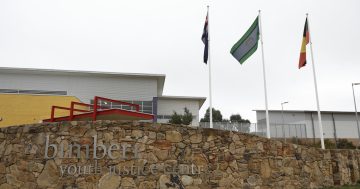
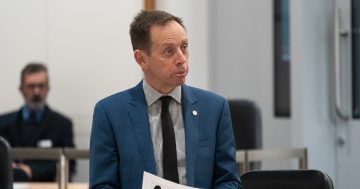
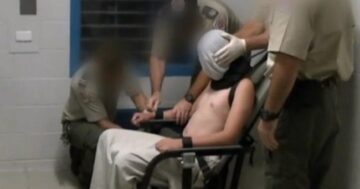
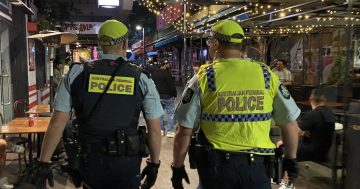
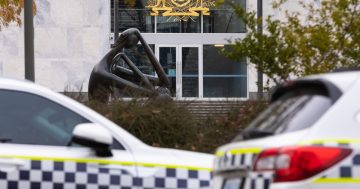
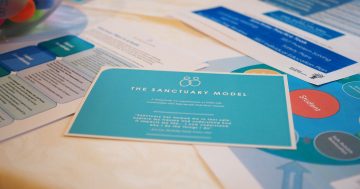
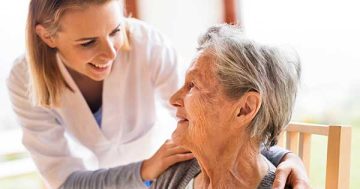

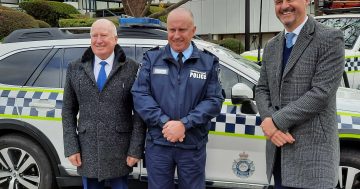

While it seems like many construction companies large and small regularly complain about how hard… View